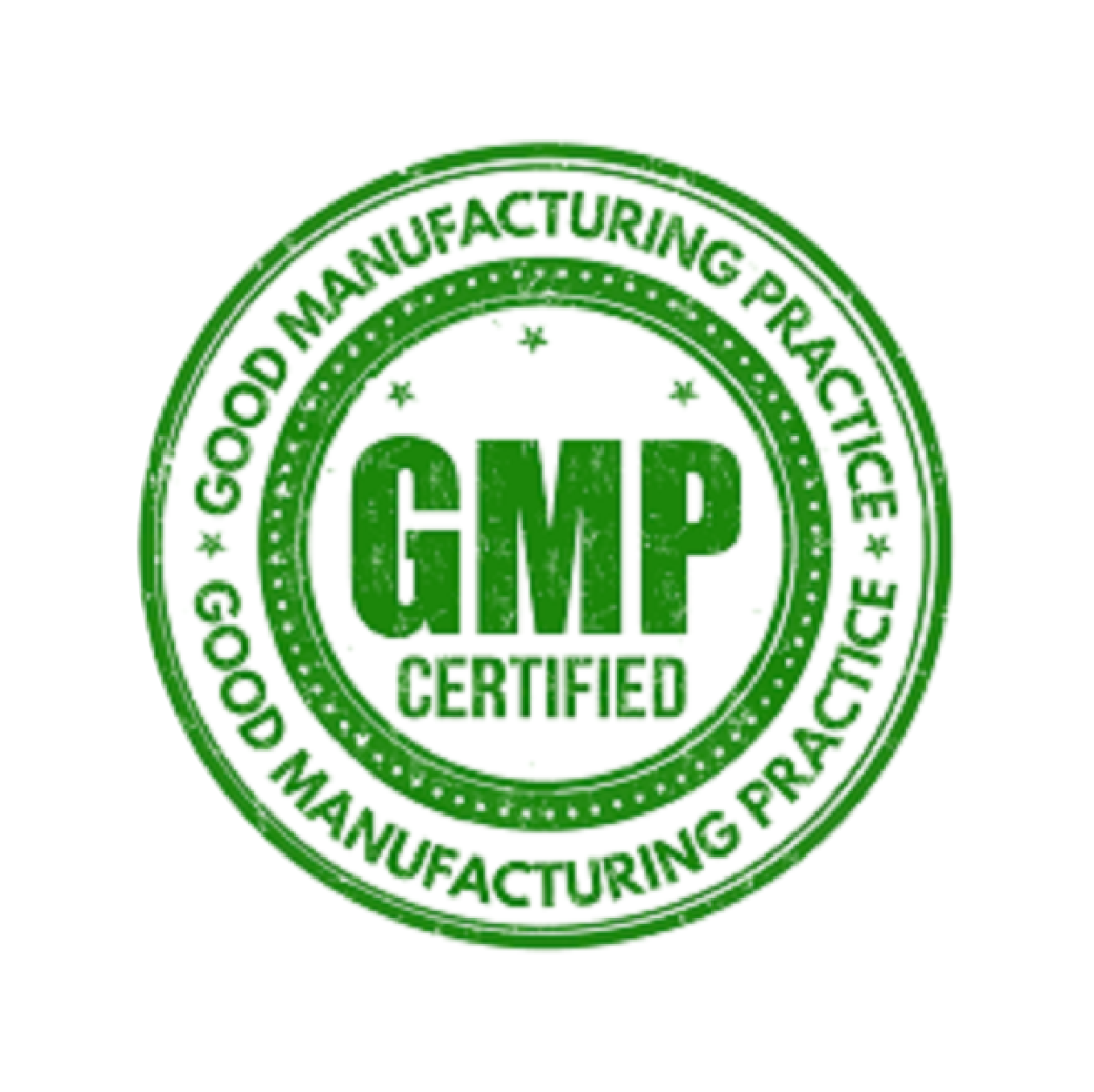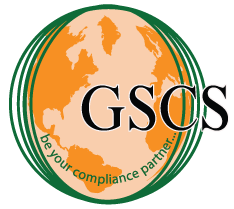
Achieve GMP Certification and Enhance Manufacturing Standards
Introduction
Good Manufacturing Practice (GMP) certification is a globally recognized standard that ensures products are consistently produced and controlled according to quality standards. It is designed to minimize pharmaceutical, food, cosmetic, or medical device production risks that cannot be eliminated through final product testing alone.
For businesses, achieving GMP certification demonstrates a commitment to quality, safety, and regulatory compliance. This article explores the significance of GMP certification, its benefits, key requirements, and how organizations can successfully obtain it.
What is GMP Certification?
GMP or Good Manufacturing Practices refers to a set of instructions or rules that control the production and messages of a product. Controlling the procedures associated with the creation of a product aids in the reduction of contamination, mistakes, and a range of harms that might make a product unsafe for use or untrustworthy in its effectiveness.
GMP certification is a system that guarantees products are manufactured and controlled to a specified quality level. It includes everything from raw materials, machinery, staff, and documentation. The U.S. FDA, European Medicines Agency (EMA), and World Health Organization (WHO) are examples of regulatory bodies that govern GMP compliance. Also, different regions and industries have different mandates for GMP, but they still need to provide the following:
➤ All Facilities and Equipment – should be clean, maintained, and used ideally for production.
➤ Staff – There should be qualified personnel and staff members.
➤ System Review and Control - There should be a procedure manual with standardized procedures.
➤ Regular Quality Control – There should be a complete check on inspection of raw materials and final products.
➤ Complete documentation of all the steps.
Importance of GMP Certification
GMP certification is crucial for pharmaceuticals, food, cosmetics, and medical devices. It ensures:
● Compliance with regulatory requirements
● Improved product quality and safety
● Increased consumer trust
● Reduced risks of contamination and defects
● Access to global markets
Benefits of GMP Certification
1. Enhanced Product Quality
GMP ensures that every product batch meets predefined quality criteria, reducing variability and defects.
2. Reduced Risk of Contamination
Strict hygiene and sanitation protocols prevent contamination by microorganisms, chemicals, or foreign particles.
3. Improved Employee Competence
Training programs mandated by GMP enhance employee skills and awareness of quality standards.
4. Competitive Advantage
GMP-certified companies stand out in tenders, partnerships, and procurement processes, especially in regulated industries.
5. Sustainable Growth
By minimizing risks and ensuring compliance, GMP certification supports long-term business success.
Requirements of Certification
Businesses must comply with several requirements to get GMP certification, which include:
Facility and Equipment: Cleansing, Maintenance, and Proper Design of manufacturing Facilities and Equipment
Personnel Training: Teach employees about training according to GMP guidelines.
Raw Material Control: Sourcing, storing, and handling raw materials properly.
Production Processes: Setting up recognized procedures for manufacturing and quality control.
Documentation and Record-Keeping: Retention of accurate records of the procedures for production and testing.
Quality Control and Testing: Periodic and routine tests to find defects and ensure standards are met.
Complaint Handling And Recalls: Systems for recalling a product due to customer feedback and how to address the product are implemented.
GMP Certification Process
Getting certified with GMP requires several steps to be completed:
1. Grasp GMP Guidelines
A business must familiarize itself with all the pertinent GMP guidelines that govern its particular industry and area.
2. Gap Analysis
Studying the set manufacturing procedures qualitatively assists in understanding what processes need to be restructured to achieve GMP standards.
3. Complying with GMP Regulations Plan Development:
GMP Implementing a GMP compliance plan entails developing a comprehensive plan detailing The GMP Compliance Plan.
4. Executing GMP Standards
Ensure all manufacturing activities, such as the operation of facilities and personnel hygiene, conform to GMP policies and quality control measures, etc., are implemented.
5. Perform Internal Audits
The organization conducts regular self-evaluation audits to confirm compliance and eliminate gaps before the external inspection.
6. Apply for GMP Certification
After preparing the organization, moving forward for certification from a known body within the industry is acceptable.
7. External Auditing
Granting the company a GMP certificate for their compliance success marks the approval of the exterior checking evaluating body.
Why Choose GSCS International for GMP Certification?
GSCS International is a trusted certification provider with extensive experience in GMP certification. Here’s why businesses should choose GSCS:
Expert Guidance – Comprehensive support throughout the certification process.
Global Recognition – Internationally accepted certification standards.
Customized Solutions – Tailored compliance programs based on industry needs.
Continuous Support – Assistance in maintaining compliance after certification.
Conclusion
The significance of GMP certification lies in maintaining product quality, safety, and compliance for manufacturing industries. It enables businesses to enhance productivity, increase market penetration, and gain customer confidence. Working with GSCS International facilitates meeting GMP certification requirements, which improves operational efficiency and ensures straightforward long-term compliance.
GMP certification can now be obtained and helps improve your firm’s global competitiveness in quality standards.
FAQ:
GMP (Good Manufacturing Practice) certification ensures that a company follows strict quality and safety standards in its manufacturing processes.
- Proper facility design and maintenance
- Equipment validation and calibration
- Strict hygiene and sanitation
- Comprehensive documentation and record-keeping
- Quality control and product testing
- Quality management
- Proper documentation
- Personnel training and hygiene
- Facility and equipment maintenance
- Manufacturing process control
No, GMP focuses on product safety and quality in manufacturing, while ISO 9001 is a broader quality management system standard.
The cost varies based on company size, industry, and certification body, typically ranging from a few thousand to tens of thousands of dollars.
Yes, individuals can obtain GMP certification through training courses that provide knowledge of GMP guidelines and compliance.
